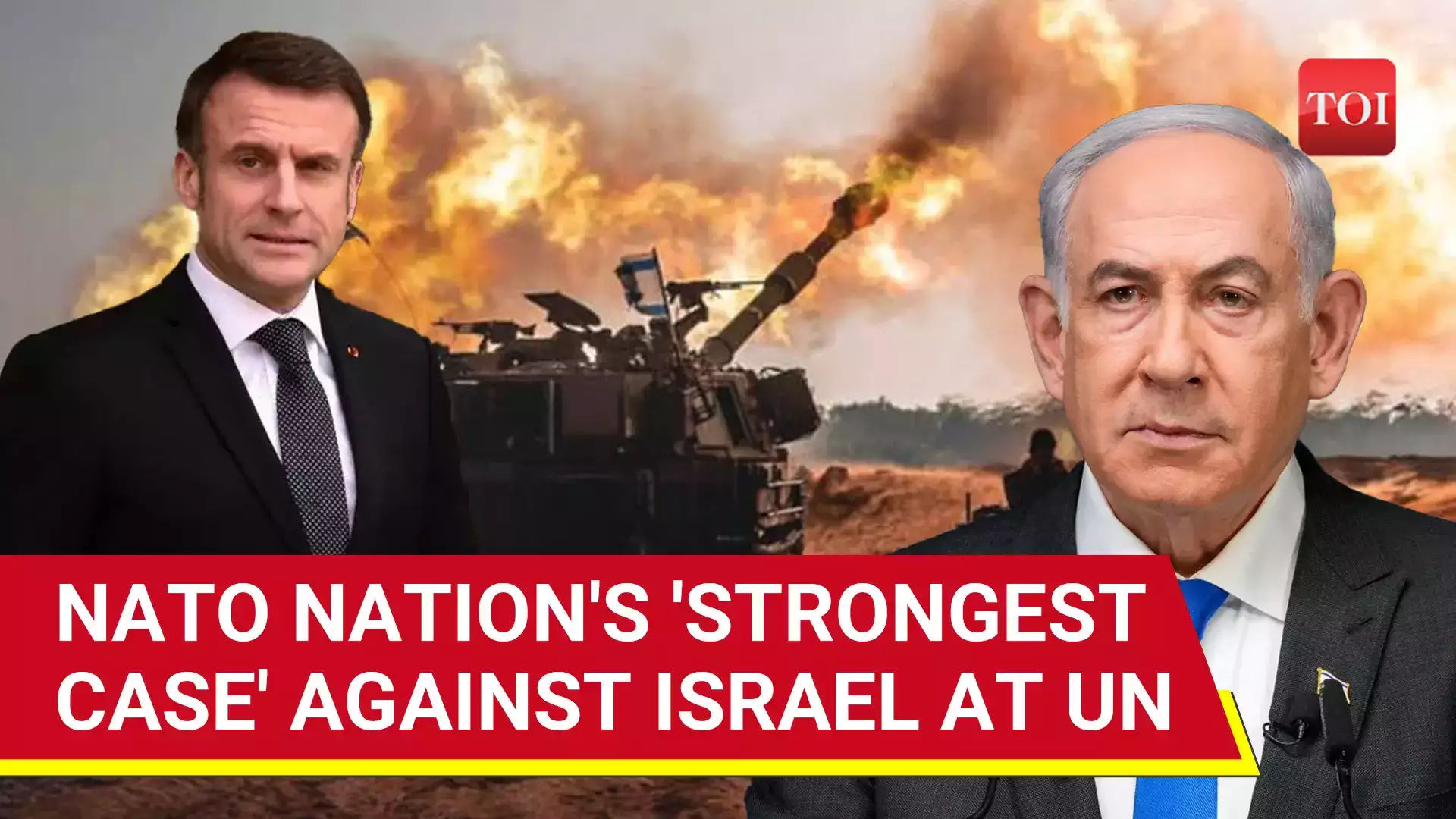Reform pains in OIC
Actually there were only two speakers who didn’t address the need for OIC member states to reform themselves in order to have more open, democratic societies, namely, UN Envoy Lakhdar Brahimi and Guinean Foreign Minister Mamadi Cone. The need for reform first officially appeared on the Arab world’s agenda at the May Arab League summit in Tunisia and was one of the main issues discussed at last week’s G-8 summit in the US. It will also be discussed at the US-EU summit to be held in Ireland on June 24 and the NATO summit in Istanbul on June 28-29. The current OIC meeting will also weigh in on this, and the speakers’ stances can be summarized as follows:
PRESIDENT AHMET NECDET SEZER: ‘The OIC members should accelerate reforms in order to make up for lost time. Conditions in each country will determine the speed and success of reform. However, such reform is indispensable now. It’s out of the question to halt or reverse this process. Now debates over whether Mideast reforms can succeed or not should give way to discussing how to best implement them. This way the OIC can take the place it deserves on the international stage.’
TUNISIAN FOREIGN MINISTER HABIB BEN YAHTA (on behalf of the OIC’s Arab group): ‘We’ve already made a decision on this issue. There’s no doubt about the need for reform, our nations are already expecting it. We should start working immediately. We will gain a new strength through these efforts.’
INDONESIAN FOREIGN MINISTER HASSAN WIRAJUDA (on behalf of the OIC’s Asian group): ‘Terrorism threatens us all. Reforms are needed to address such threats as poverty, injustice and human rights violations.’
OIC SECRETARY-GENERAL ABDULVAHID BELKEZIZ: ‘One can’t honestly call the OIC an influential world organization. the Islamic world is now at a crossroads. We must critique ourselves, act reasonably and determine our stance on the problems of development and modernization.’
IRANIAN FOREIGN MINISTER KAMAL KHARRAZI: ‘It’s a fact that we all need to reform. We can establish dialogue with the West during the implementation of these reforms. We got positive results from our dialogue with the US last year, and we can build on this.’
FOREIGN MINISTER ABDULLAH GUL: ‘If we don’t set our own houses in order, others will step in to insist on this. We’ve been saying this for some time. Countries which are governed well and have equal education opportunities and gender equality – these are also rights of people living in the region. Islamic countries should adapt themselves to the 21st century.’
During all these speeches, I sensed an allergy to the word ‘reform’ among the Arab delegates. When I asked Prime Minister Recep Tayyip Erdogan if he saw problems ahead, he said his government was trying to steer clear of these.”



